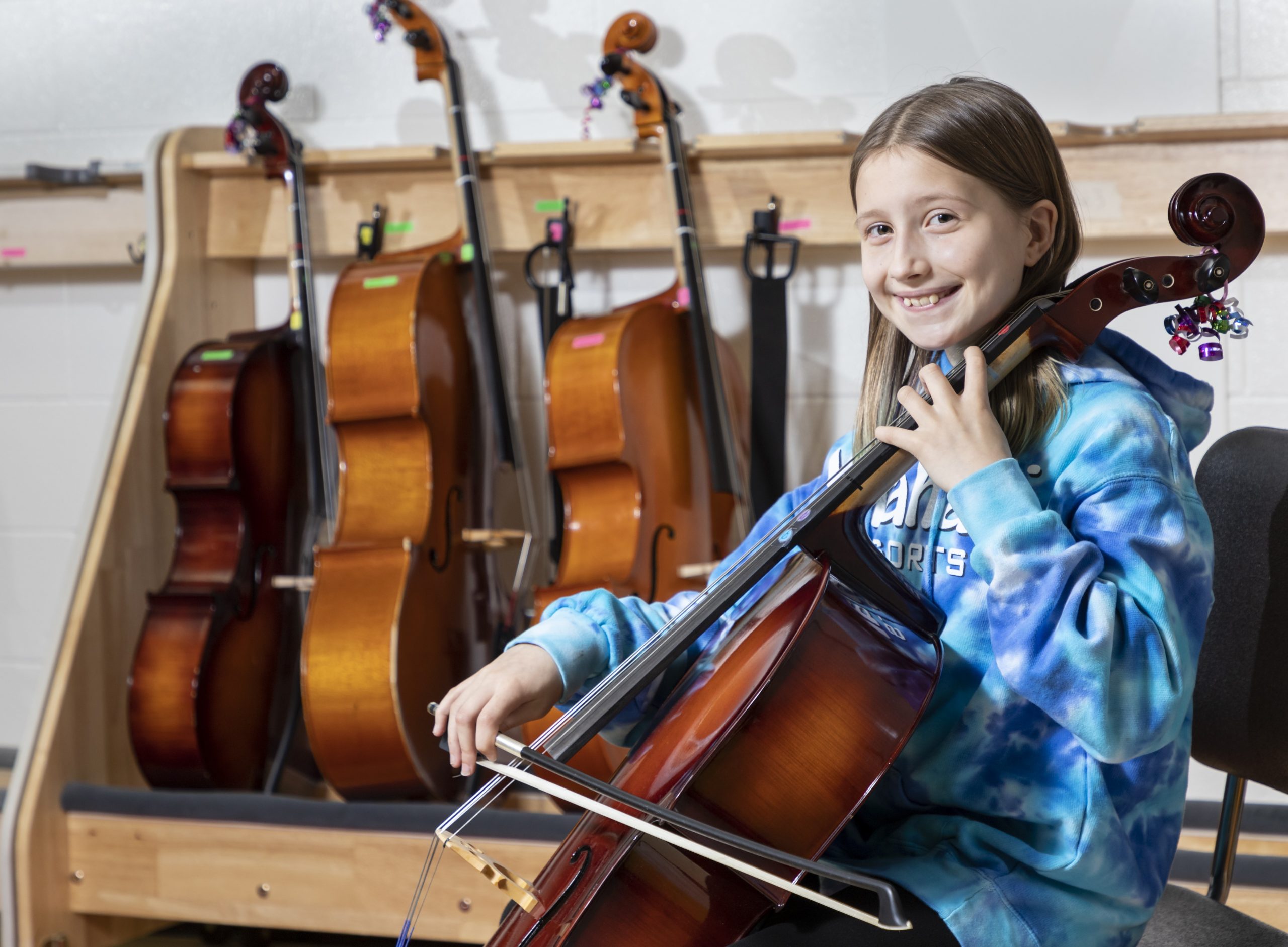by Keith Dowling
Residents of Warwick have spoken to The Dispatch about their concerns regarding short-term, transient rentals, brokered through online platforms like Airbnb. One of the chief issues residents of Warwick cite are concerns for their families’ safety. Considering that a legal four-bedroom house can lodge up to eight people, neighbors can see up to four hundred transient people occupy the Airbnb next door to them each year.
In June of this year, strangers walked into the home of Warwick resident Luis Guerrero. “They came directly into my living room where my wife was breastfeeding our four-month-old child. They asked my wife why she was there, in the house they were renting. This poses a safety concern as it left my wife and newborn vulnerable to strangers in our home.” Mr. Guerrero intends to be at the Warwick Town Council meeting on November 17th to discuss a possible moratorium on new applications.
A Bloomberg article from last year detailed how Airbnb spends nearly 50 million dollars annually in compensating victims of sexual assault, violence and murder. Airbnb is often successful in being left out of any media reporting about these incidents, leaving the public unaware of their role.
Mr. Guerreo said “As a father of 3 young girls, I am extremely concerned because of the constant traffic of non-residents in our community. There are no background checks or screenings performed on these individuals. This places my family at a greater risk of coming in contact with a sex offender, criminal, or other dangerous character.”
Another Warwick resident pointed out that there are laws in place which prevent landlords from using a person’s registration in the Sexual Offender Registry as an excuse to deny them housing. “Neighbors are entirely in the dark when it comes to who is residing next door on any given day,” they said. They went on to point out that Megan’s Law (a state database that sex offenders are required to register with the after conviction) applies only to convicts when they move into a neighborhood. “It does not apply to short-term rentals. No one is under any obligation to warn us if sexual offenders are staying next to us.”
In March of this year the Clarkstown Town Council unanimously voted to ban short-term rentals in all residential zones after four men opened fire on an Airbnb. The four adults, all residents of Brooklyn, were apprehended by police after targeting the renter of the house. According to the Rockland Country Business Journal, the owner of the property in this sleepy cul-de-cac, Meir Shuvalsky, purchased the home last year and rented it through Airbnb without obtaining the required permit.
Ultimately, the November 17th Town Hall meeting will attempt to answer the following question: “Do short-term rentals enrich Warwick?” Though the owner of the house may be making a handsome profit, what impact do these rentals have on the community? A litmus test for such a question may be to ask your local realtor. Do prospective home buyers ask their realtor to show them properties that are specifically adjacent to Airbnb houses? If not, this may indicate that an Airbnb house is seen as a negative, something that depreciates the value of homes they are around. Also, there is no shortage of private communities in the area. Most of their bylaws include a clause which prevents residents from turning their homes into anything approaching an Airbnb. Their reasoning being safety concerns.
Short-term rental opportunities have attracted speculators into the Warwick housing market. Investors who have no intention of ever living in these houses purchase properties in tourist areas like Warwick. This then drives up the cost of primary residences for the permanent denizens. On Warwick social media pages, local real estate agents decried the potential moratorium that the Warwick Town Council may be considering.
A Hudson Valley organization called “Homes Are Not Hotels” has been launched to challenge the higher housing costs that are a consequence of short-term rental speculation. From their webpage:
“Absentee investors are buying up homes in the Hudson Valley so that they can make a quick profit off of vacation rentals, causing a housing shortage for renters and homebuyers that is leading to skyrocketing rents, home prices, and property taxes.”
While some New York towns have banned short-term rentals altogether, like Clarkstown and Highland Lakes have done, 28 counties in NY State have agreements with Airbnb to collect “occupancy taxes.” Orange County receives a 5% tax, Dutchess imposes a 4% tax and Westchester gets a 3% tax. Home-sharing hosts make these tax payments to their counties every quarter. According to Airbnb’s 2018 statistics, Orange County had 440 host properties which hosted 35,000 short term guests, providing the owner of the house an average of $9,200 in profit.
More income for Orange County would not be a resolution that is satisfactory to Warwick residents like Mr. Guerrero. He contends that the short-term rental that is being operated next door to him has no upside for his neighborhood.
“This incident led up to us having to install security cameras around the house. Since then, we are constantly having renters drive in and out of our driveway due to the absence of a visible address of said house. Again, this poses a threat to our children who play and ride their bikes throughout our driveway. Fortunately because of the cameras we’ve been able to catch renters unpacking their vehicles, and we have to run out to them and direct them next door.”





